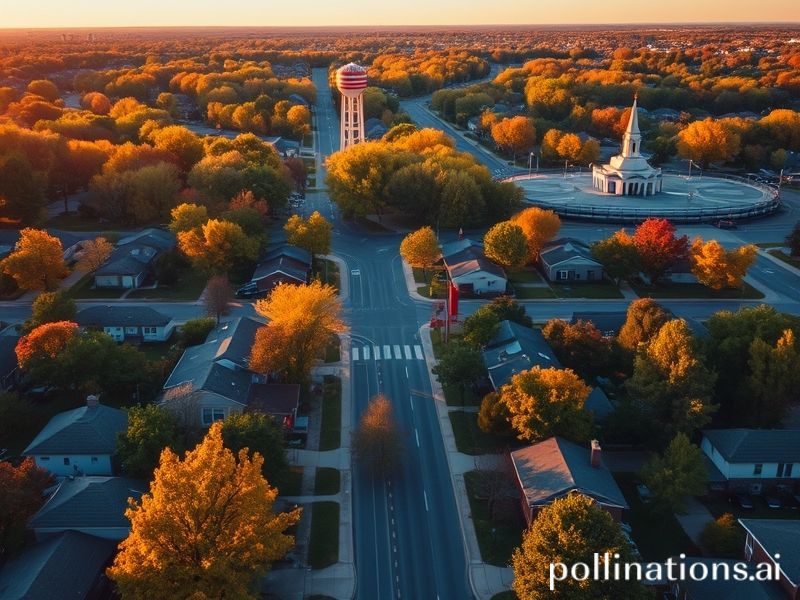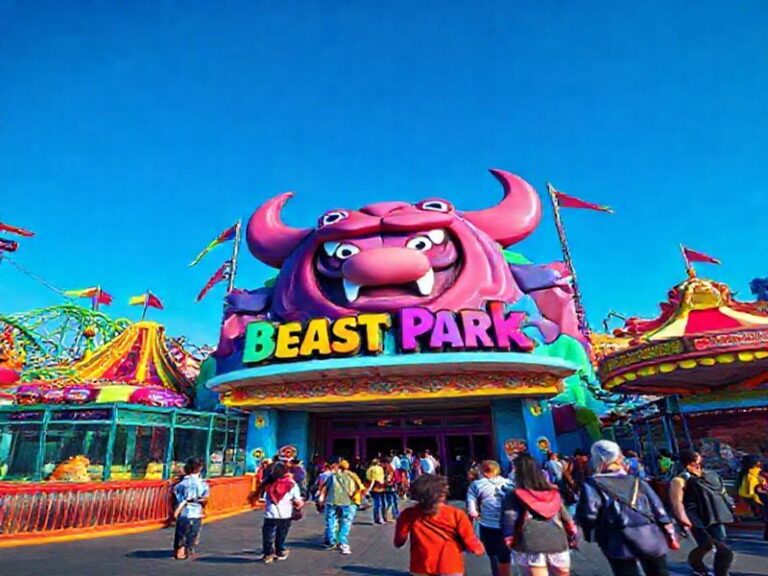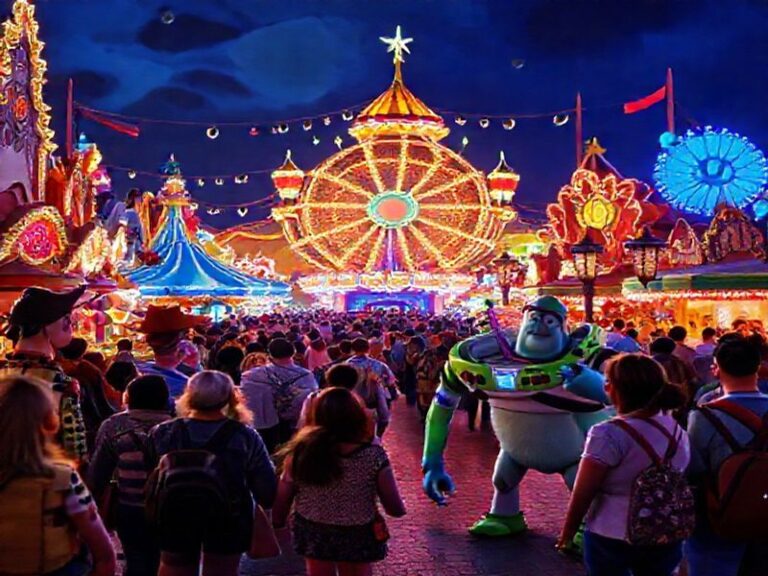Tinley Park: The Tiny Midwestern Town Quietly Hosting the World’s Nervous Breakdown
Tinley Park, Illinois—Population 55,971, median age 39.4, median household income $86,000, and, according to the village’s own tourism bureau, the proud owner of “the largest outdoor concert venue in Chicagoland.” To the average Dane scrolling through Reddit at 2 a.m. in Aarhus, that bio reads like a haiku of late-stage capitalism: small town, big shed, louder guitars. Yet zoom out and you’ll find Tinley Park functioning as a geopolitical petri dish, a place where the tremors of global supply chains, climate anxiety, and algorithmic loneliness arrive shrink-wrapped in prairie grass and parking lots.
Consider the asphalt ocean surrounding the Hollywood Casino Amphitheatre—capacity 28,000—where Jimmy Buffett once played to a sea of parrothead accountants who believe cargo shorts are formalwear. Those same accountants now monitor their 401(k)s for exposure to Taiwanese semiconductor futures while sipping $15 margaritas named after Caribbean islands they’ll never visit. One spilled drink and the NASDAQ blinks red in Taipei; the butterfly effect wears flip-flops.
Tinley’s economic circulatory system is the 80/94 corridor, essentially a cholesterol-clogged vein pumping Amazon boxes from Joliet fulfillment centers to every cul-de-sac from here to Schaumburg. The village’s sales-tax receipts spiked 11% during the first year of the pandemic, a figure greeted by local trustees as “miraculous,” though any economist outside the Fox News commentariat would call it what it is: a sugar high from global lockdown consumerism and the human urge to buy air fryers when death feels near. Somewhere in Shenzhen, a factory boss raises a silent glass to Tinley’s panic-shoppers; somewhere in the South Pacific, another microplastic island quietly annexes itself in their honor.
Meanwhile, the climate—remember that old thing?—keeps auditioning for a disaster movie extra. Last summer’s derecho peeled roofs like sardine cans, a meteorological résumé-builder that now appears on PowerPoint slides at re-insurance conferences in Zurich. Tinley’s emergency sirens, last upgraded during the Cold War to warn of Soviet nukes, now serenade residents about rotational winds and golf-ball hail. Progress is a siren that can’t decide whether it’s terrified of communists or cumulonimbus.
And then there’s the human capital, exported like soybeans. Tinley’s brightest routinely decamp to University of Illinois engineering programs, lured by promises of designing batteries for the German auto industry. They graduate, move to Munich or Austin, and spend weekends Skyping parents who ask, unprompted, whether Europe has “good parking.” The talent drain is so predictable the village newsletter could run it as weather: “Partly cloudy, 30% chance of offspring permanently relocating to a continent with universal healthcare.”
Still, the place clings to cosmopolitan aspirations. The local craft brewery offers a “Korean-Mexican fusion taco night,” which sounds daring until you realize it’s just bulgogi in a tortilla—globalization reduced to a Pinterest board. Over at the public library, a Ukrainian refugee teaches kids how to code Python beneath a banner that reads “Reading Takes You Everywhere!” Irony, like mold, thrives in fluorescent light.
Of course, no dispatch from the provinces is complete without the requisite visit from a foreign dignitary seeking the “authentic American experience.” Last May, a Dutch cycling delegation arrived to study Tinley’s bike lanes—three miles of faded paint ending abruptly at a Menards. They left politely confused, tweeting photos of a parking lot the size of Liechtenstein. The village branded the visit a success because no one was run over; the bar for international diplomacy is lower than a snake’s hips.
As dusk settles, the amphitheatre lights flick on, prepping for another summer of legacy acts cashing in on nostalgia. From the berm, you can see the orange glow of Chicago’s skyline twenty miles north, a reminder that even here—in a town voted “Best Place to Raise a Family” by some magazine whose staff have never been—gravity pulls toward the global city, toward capital, toward whatever’s next. Tinley Park survives by pretending it’s the center of something, which, in an era when everyplace is simultaneously everywhere and nowhere, might be the most honest delusion of all.







